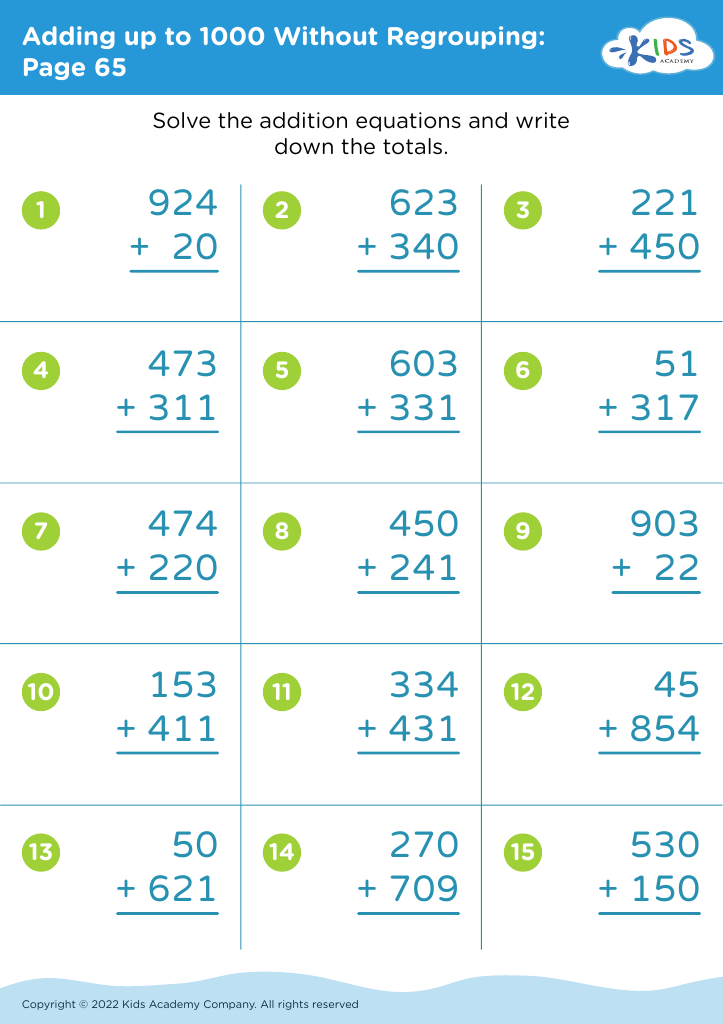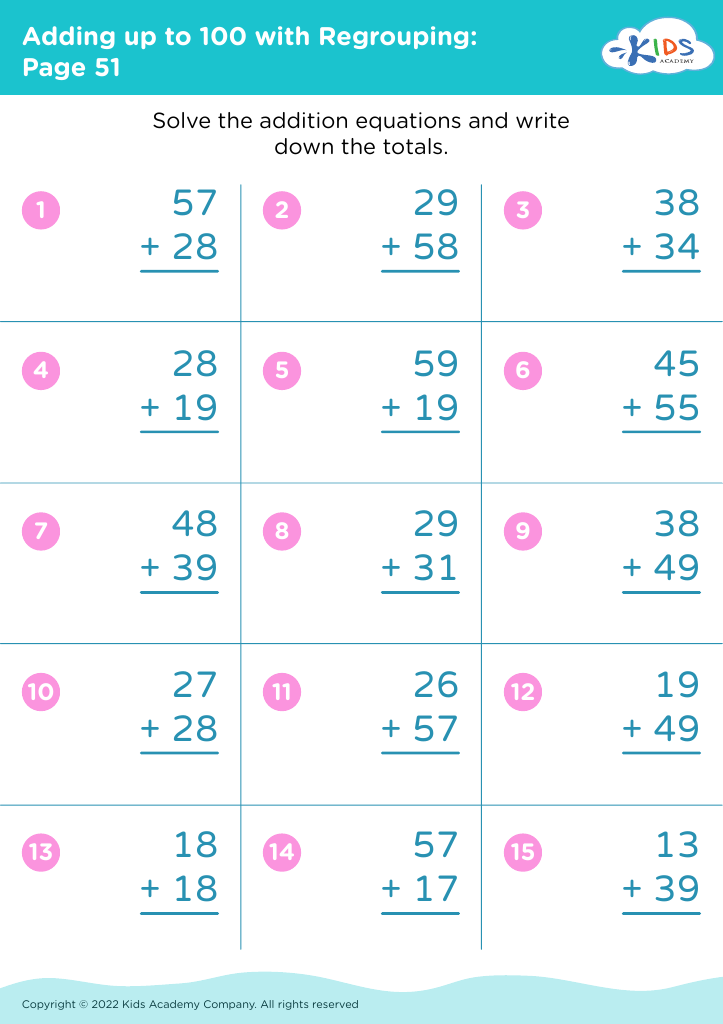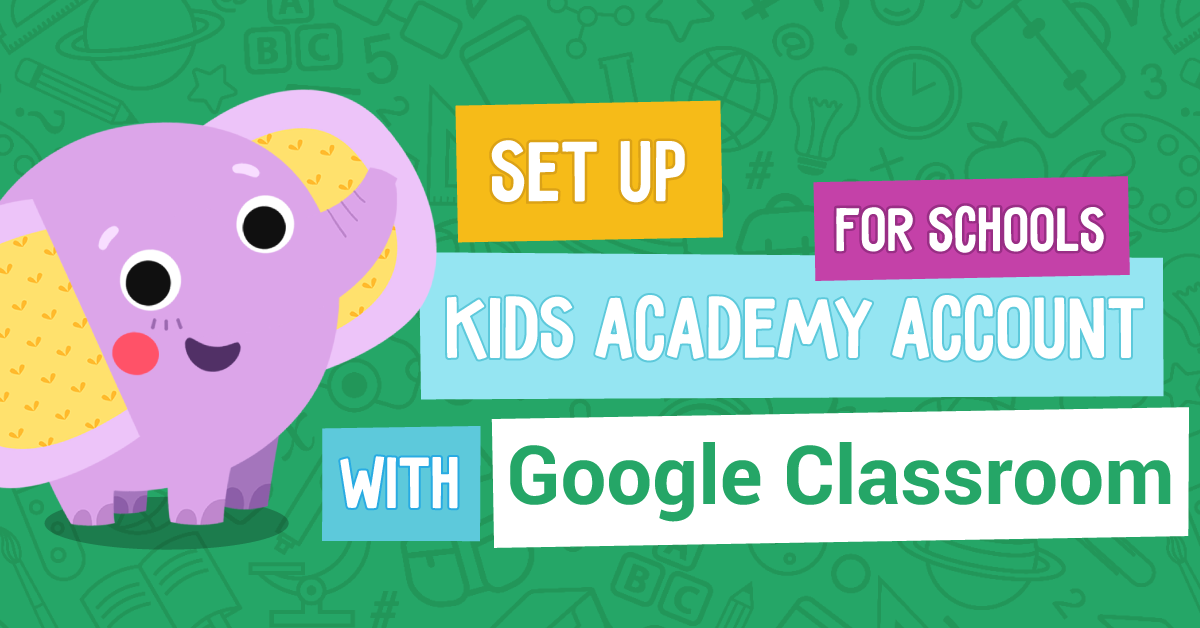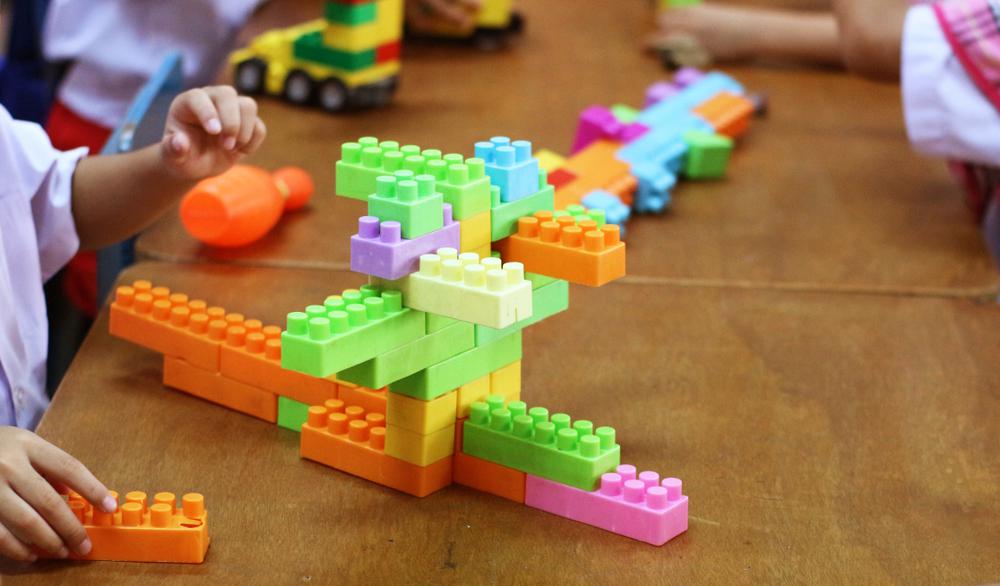Practice problem-solving Worksheets for Ages 3-9
5 filtered results
-
From - To
Discover our engaging "Practice Problem-Solving Worksheets" designed specifically for children aged 3 to 9! Our printable worksheets offer a fun and interactive way for young learners to develop critical thinking and problem-solving skills. Each worksheet features age-appropriate challenges that encourage creativity, logical reasoning, and analytical thinking. With vibrant illustrations and captivating themes, kids will enjoy solving puzzles and completing tasks that promote cognitive development. These resources are perfect for parents and educators looking to enhance children's learning experiences at home or in the classroom. Foster early problem-solving abilities and watch your child thrive with our thoughtfully crafted materials!
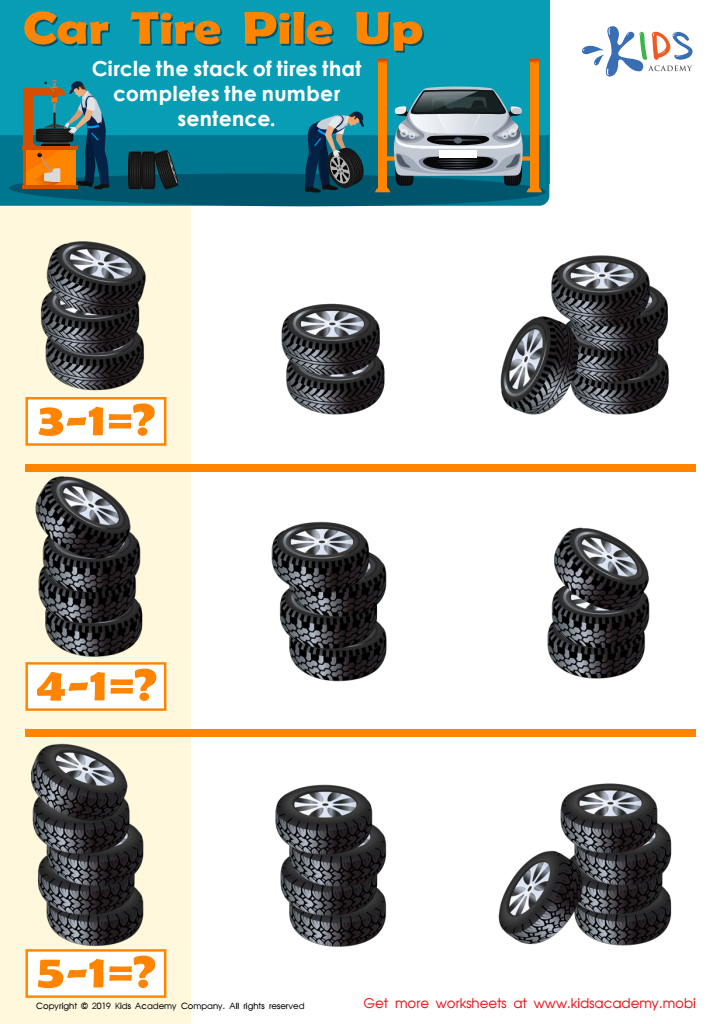

Car Tire Pile Up Worksheet
Practicing problem-solving skills in early childhood, particularly for ages 3-9, is vital for holistic development. Children are naturally curious and eager to explore their world, and cultivating problem-solving skills during this pivotal period fosters critical thinking and resilience. Engaging young learners in problem-solving activities encourages them to think creatively, analyze situations, and generate potential solutions.
Parents and teachers play a crucial role in this developmental stage. Guided problem-solving promotes independence, teaching children to navigate challenges on their own. This empowers them to approach difficulties with a growth mindset, understanding that mistakes are part of learning.
Moreover, problem-solving enhances social skills. Collaborative activities like group games and projects foster communication, teamwork, and empathy as children learn to share ideas and negotiate resolutions with peers. These interactions build confidence and improve emotional intelligence.
Additionally, by integrating problem-solving into daily activities, educators and parents can make learning fun and relevant. Simple everyday challenges—like puzzles or counting games—stimulate cognitive abilities and ensure that children are prepared for more complex challenges later in life.
Overall, prioritizing problem-solving from an early age sets the groundwork for successful lifelong learning, social interaction, and adaptability in an ever-changing world.
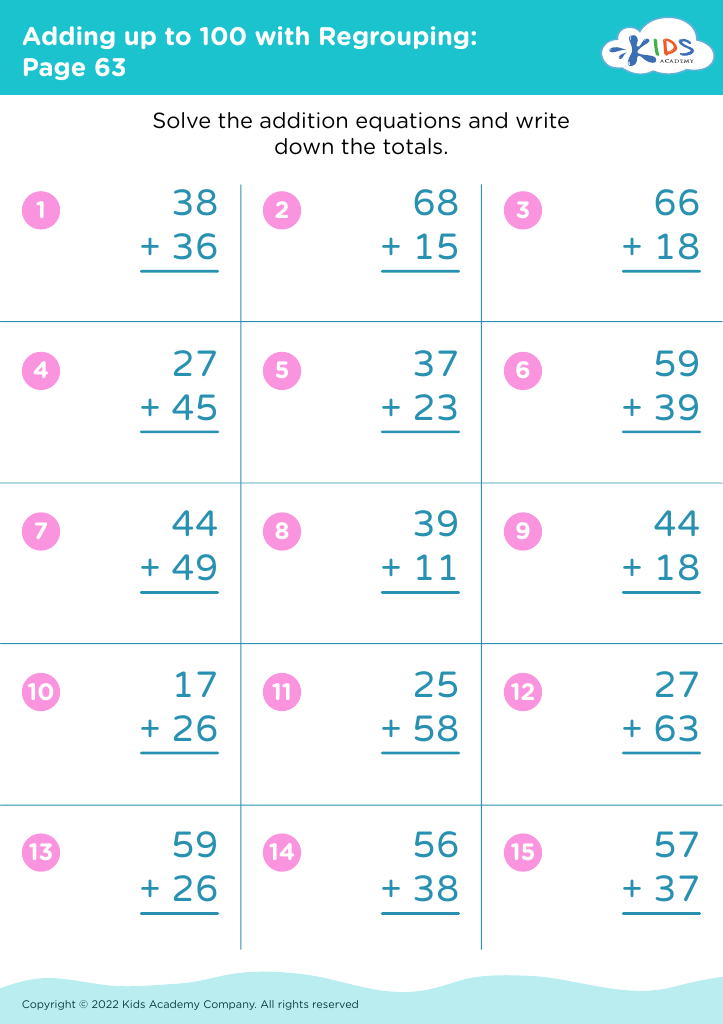

 Assign to My Students
Assign to My Students
